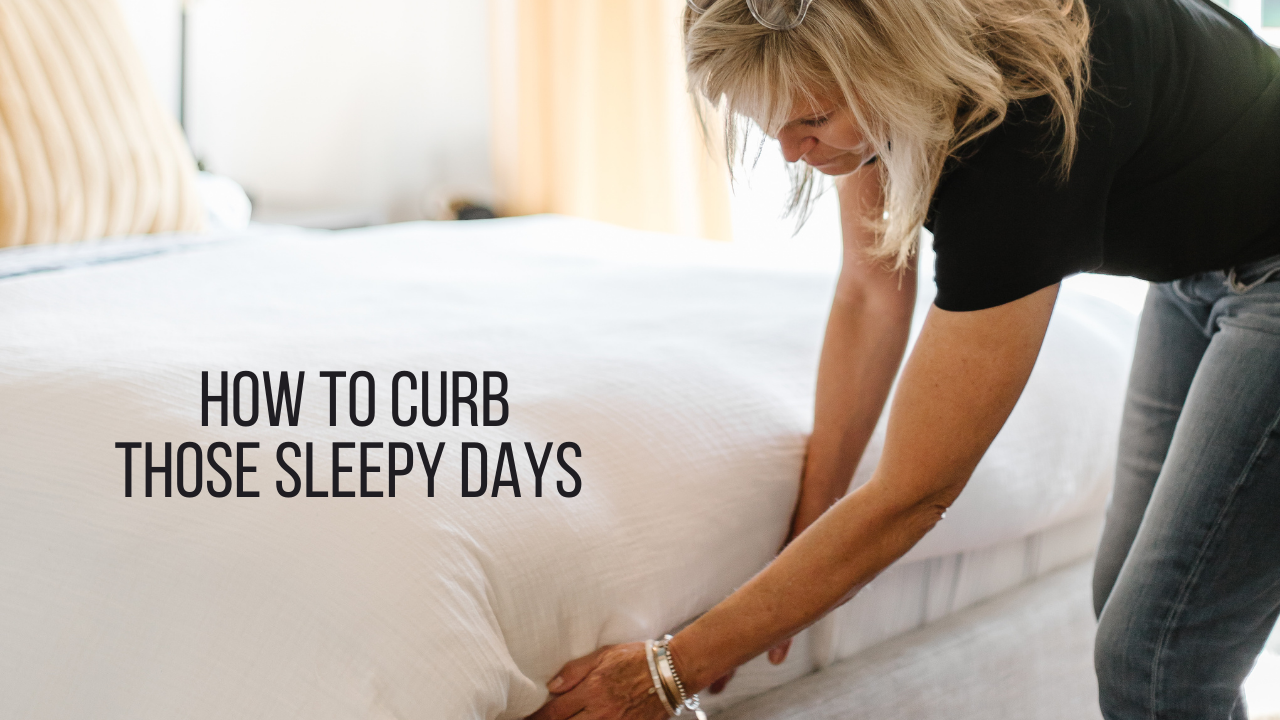
4 Habits for a Better Night's Sleep
May 16, 2022Did you know poor sleep can increase your chances of having a stroke? According to sleep scientist, Dan Gartenberg “sleep deprivation makes us more sensitive to our pain”. On average, as I’m sure you know, adults need between 7-9 hours of sleep a night to function optimally. However, sometimes the tasks of the day pile up and you find yourself shuffling from work to dance practice, home to make dinner, and before you know it, you’re practicing your bedtime routine. Here are 4 habits to do before bed for the best night's rest.
1. Decide on a Bedtime
Your body’s mental, physical, and behaviour process follows what is called a Circadian Rhythm. Waking up and going to bed at the same time every day improves the quality of your sleep. Studies suggest that a fixed sleep time can improve alertness, decrease pain, and even curb caffeine dependency.
2. Do Not Disturb
In a very instant world, shutting your notifications off might be a bit of a challenge. However, the benefits of unplugging from electronics before powering down for bed, outweigh responding to the emails, texts, and other scrolling that can be taken care of in the morning. The National Sleep Foundation recommends unplugging for 30-60 minutes and grabbing a book to read instead.
3. Mindful Practice
If you’re anything like me, you’ve got about 1200 tabs open and by the end of the day, the filing system in your head starts to blur with an overload of contents. And when your head hits the pillow your brain is working overtime to try and sort the day. To achieve a full state of rest, a mindful practice might be required. My go-to is Yoga Nidra, which is another form of meditation that calms the body and brain resulting in an improved sleep cycle. Yoga Nidra has also been used to treat sleep disorders like insomnia.
4. Write it Out
A journal is a great place to store all those thoughts that circulate in your mind throughout the day. A place to offload all the joys and frustrations. However, according to a recent study out of Baylor University, writing out the next day's to-do list helped people fall asleep quicker. If we’re swimming in our daily tasks we might have a hard time knowing where to start if they aren’t properly filed. When things are organized our brains can relax.
When we don’t get the sleep we need it slows us down. A broken sleep cycle makes us more irritable and unmotivated. Often we set alarms to wake ourselves up in the morning to begin our routine, and start doing the same for bedtime. Get in the habit of creating a routine that serves you and gives you time to wind down before bed. Let’s shift the perspective, typically the day is considered complete once you’re in your bed, but your sleep is the start of the next day.























